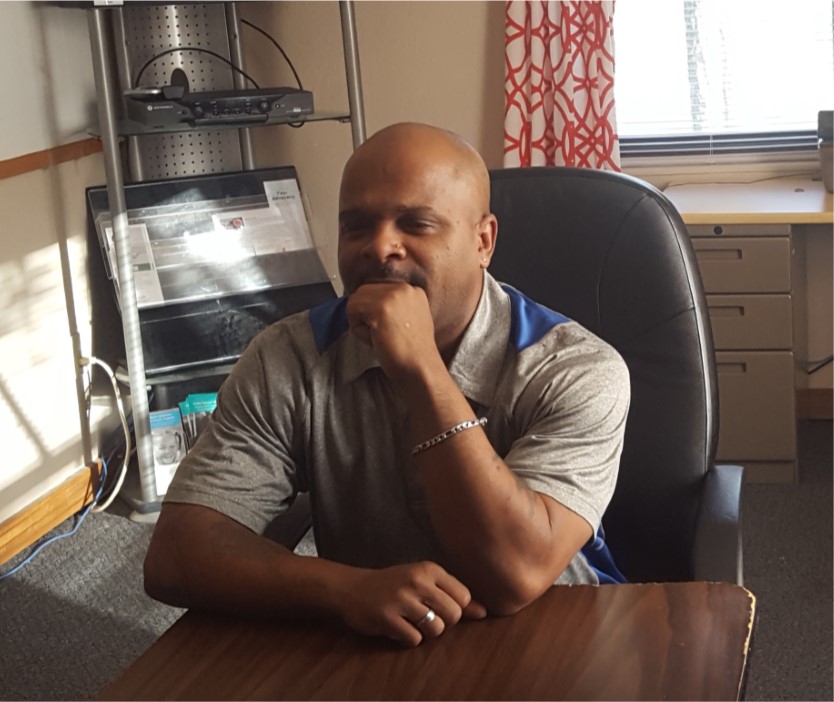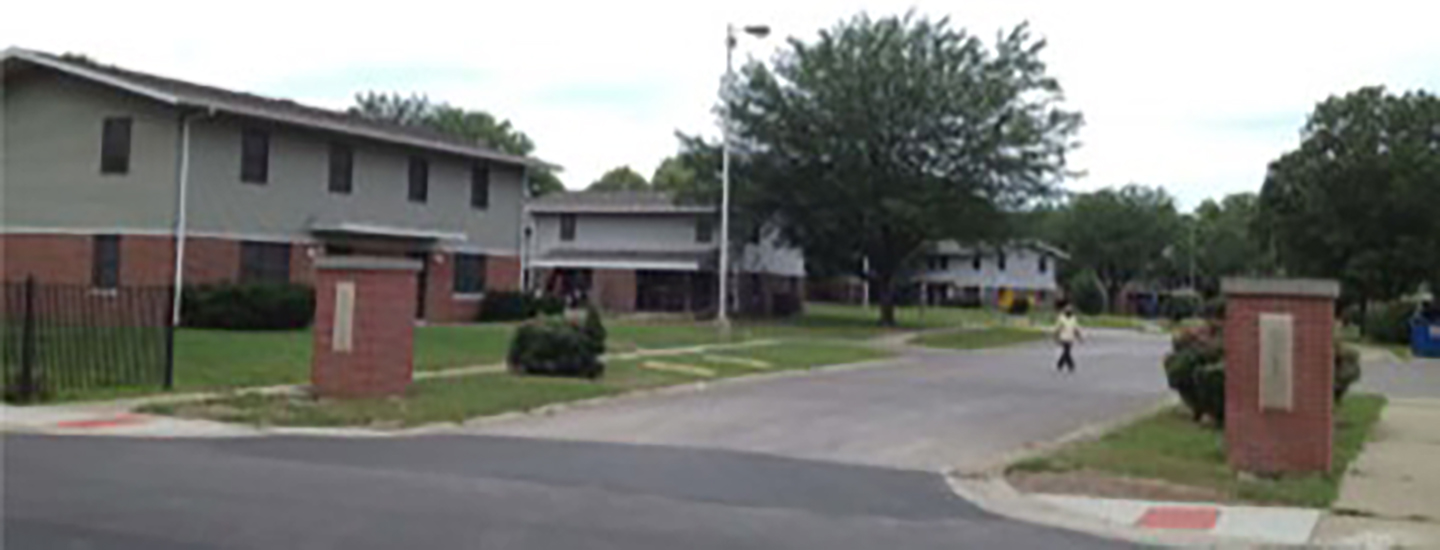
 In 2015, UAct began working with DeAndre Neal, a Springfield anti-violence activist, to develop a community health worker program, originally called Community Health Connections (CHC), at the Springfield Community Federation (referred to herein as SCF or The Federation).
In 2015, UAct began working with DeAndre Neal, a Springfield anti-violence activist, to develop a community health worker program, originally called Community Health Connections (CHC), at the Springfield Community Federation (referred to herein as SCF or The Federation).
SCF’s community health worker program has built strong partnerships with Springfield’s community-based and healthcare organizations. It is currently partnered with lead agency, Central Counties Health Centers (CCHC), and various other health and social service providers on a United Way-funded, two-year health access program, also called Community Health Connections, where SCF Community Health Workers (CHWs) provide services in Brandon Court, a public housing neighborhood where The Federation is headquartered. (To avoid confusion with the United Way funded effort, The SCF began referring to its program simply as the Community Health Worker Program.)
The CCHC-led initiative employs SCF community health workers to assist residents select insurance, find a primary care doctor and keep regular appointments. CHWs make regular home visits to ensure each client has transportation to healthcare appointments, explain health provider options, monitor access to prescriptions as well as educate on relevant ongoing health issues like diabetes, asthma and obesity. The initiative serves approximately 130 clients.
The SCF Community Health Worker Program links economically challenged families with health workers who share similar life experiences and understand, appreciate, and can help alleviate the social barriers that lead to health disparities. The Federation’s health workers receive training provided by the Washington State University School of Public Health.
Other recent SCF CHW efforts include working with St. John’s Hospital on an asthma reduction project and with SIU Department of Internal Medicine and others on a 16-week pilot project that provided health and risk-factor screenings and connection to medical homes for 78 homeless and near-homeless individuals.
According to SCF Program Coordinator DeAndre Neal, the majority of emergency room visits in Springfield come from residents in very low-income areas like Brandon Court. Unnecessary ER visits strain healthcare resources and are not effective for treatment of long- term health issues. Conditions like diabetes, asthma and cancer can only be monitored through continuous contact with doctors and timely follow-up treatment.
Mr. Neal says that the community health care worker model has been used successfully in a number of areas, both in the U.S. and abroad, to increase patient knowledge and access to preventative care. CHWs can connect with at-risk populations, educate patients on being their own advocate and coordinate care more effectively because they take a holistic approach to serving their clients. “We have to focus on any issues [the patient] has along with their health. You can’t make a doctor’s appointment if you are homeless and have nowhere to go,” Neal states.
CHWs also connect residents with resources that support long-term health outcomes such as vaccination clinics, food programs, shelters and mental health centers. “Social services and a person’s health are related” Mr. Neal shared, “You have to look at the whole person to know what they need to be healthy and for the community to be healthy.”
DeAndre believes that one reason the Community Health Worker Program is successful is that the CHWs communicate with residents on a personal level as well as providing them with information on health care. Chyla Harrington, SCF CHW agrees. “I do home visits with all my clients and their kids. I talk with them about what is going on in their lives and help them find what they need. Like I may show them where to get a food voucher or take them to get bus tokens so they can pick up medication or visit the doctor.”

After working with the CHC Initiative for seven months, Chyla says she has seen a notable difference in the Brandon Court Community. “I think my clients can open up with me about their problems and they listen to me because we have gone through a lot of the same things. Maybe if I had had someone to listen and talk with me about these things it would have been easier for me.” said Ms. Harrington, “I know I have made a difference because I see a lot of my clients changing how they take care of themselves and their kids.”
The SCF Community Health Worker program has partnered with many organizations including Central Communities Health Centers, St. John’s Hospital, SIU School of Medicine, the Illinois Public Health Association, the Illinois Academy of Pediatrics, The United Way of Central Illinois, the Community Foundation of the Land of Lincoln and the Urban Action Network.
For more information on UAct’s role in the development of CHC and its accomplishments , see 2015-2017 Projects and Priorities under OUR WORK.
